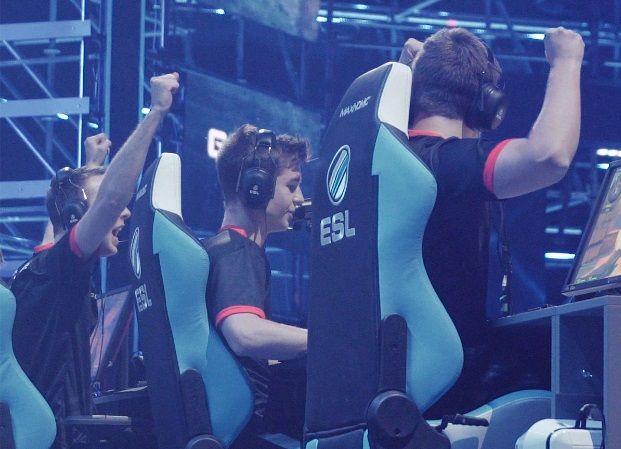Danish eSports teams have been making waves in recent weeks with tournament championships in the US and Poland, and now the sport is making a move into the classroom.
Several upper-secondary establishments are beginning to offer students eSports courses (both HF and HHX) aimed at helping the youngsters to develop their gaming talent.
“The course will be a shortcut to a professional existence,” Henrik Selch, a lector at Københavns Private Gymnasium in Østerbro, told Metroxpress newspaper.
“Our target is to produce professional eSports gamers for the established professional teams. And to this end we have a close working relationship with teams like Astralis.”
Currently, two gymnasiums in Denmark offer eSports, but from this summer, five new courses will be introduced.
READ MORE: Danish computer warriors triumphant at tournament
After Astralis
The head of eSport Denmark, Thomas Koed, contends that eSport has gained popularity in recent years thanks partly to the successes reaped by Danish eSports teams.
Campus Vejle, one of the few institutions to offer eSports as a course, had just 15 gamers take the course in 2015. This year, the number has jumped to 85, with a further 60 expected to join this summer.
Danish team Astralis has been in riveting form as of late, winning the ELEAGUE Major in Atlanta in January before triumphing at the Intel Extreme Masters tournament held in the Polish city of Katowice last weekend.















